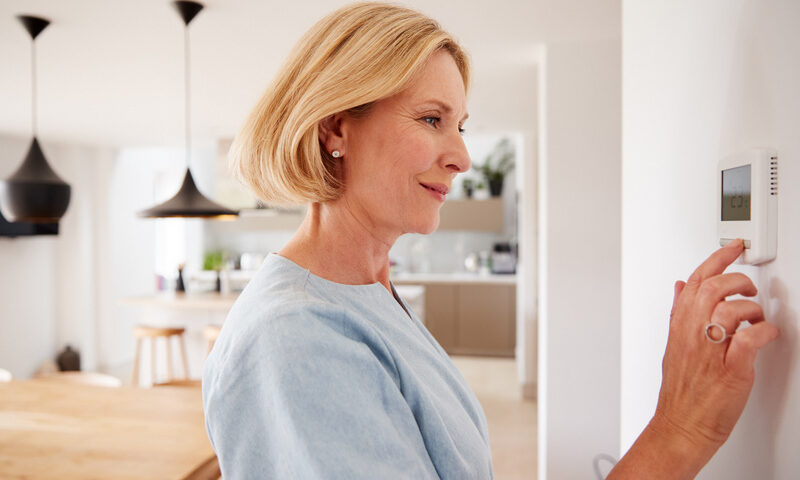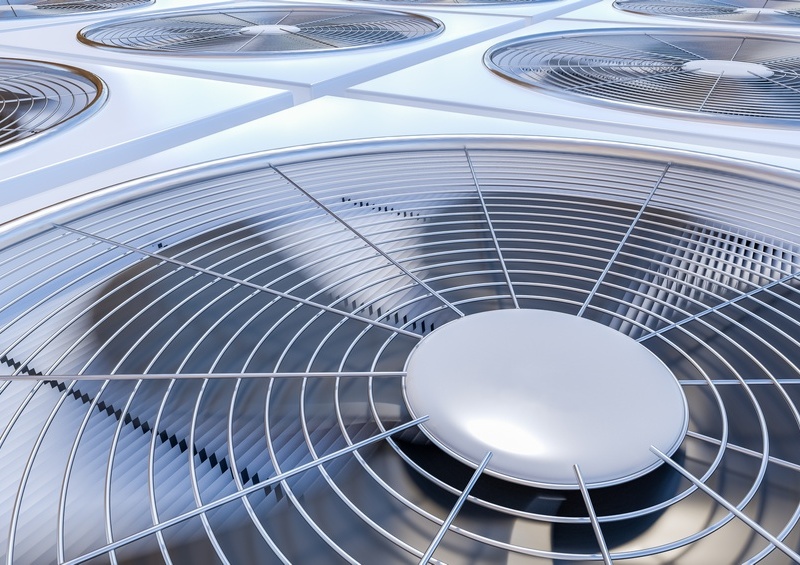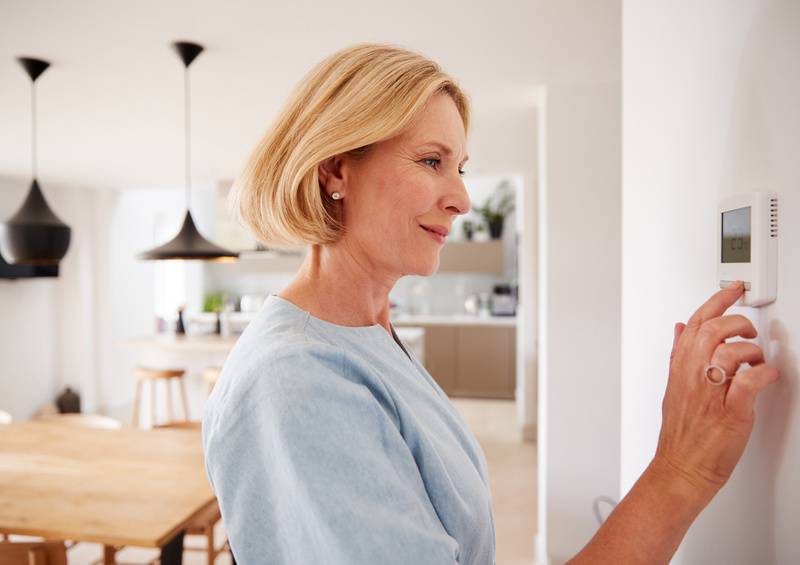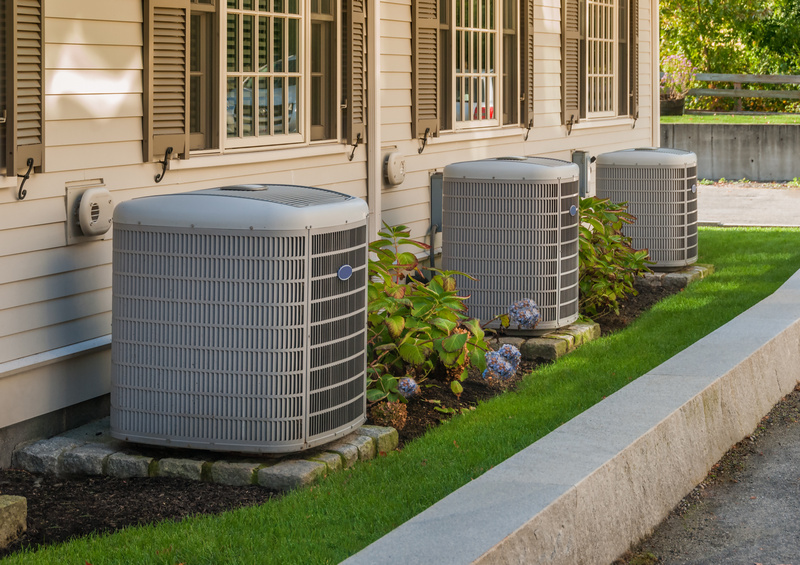
When it comes to maintaining a comfortable and energy-efficient home in Jacksonville Florida, choosing the right HVAC (Heating, Ventilation, and Air Conditioning) system is crucial. With a multitude of options available on the market, it can be overwhelming to make the best decision. However, by considering a few key factors, you can ensure that the HVAC system you select is perfectly suited to meet your home's needs. In this article, we will provide you with a handy guide on how to choose the ideal HVAC system for your home

Assess your heating and cooling requirements
The first step in choosing an HVAC system is to evaluate your specific heating and cooling needs. Consider the climate in your region, the size of your home, the number of occupants, and any specific comfort requirements. For example, do you need both heating and cooling capabilities? Do you have any specific preferences regarding humidity control or air quality? Understanding your requirements will help you narrow down the options and choose the most suitable system.

Energy efficiency
Energy efficiency is a crucial aspect to consider when selecting an HVAC system. Look for systems with high SEER (Seasonal Energy Efficiency Ratio) ratings for cooling and high AFUE (Annual Fuel Utilization Efficiency) ratings for heating. Energy-efficient systems not only reduce your carbon footprint but also save you money on utility bills in the long run.

AC System size and capacity
The HVAC system you choose should be appropriately sized to match your home's heating and cooling needs. A system that is too small will struggle to maintain the desired temperature, while an oversized system may short-cycle, leading to inefficient operation and increased wear and tear. Contact A/C Systems of Jacksonville and can perform a load calculation to determine the correct system size and capacity for your home.
Consider the HVAC system types
There are several types of HVAC systems available, each with its own advantages and considerations:
- Split Systems: These consist of an indoor unit (furnace or air handler) and an outdoor unit (condenser or heat pump). Split systems are commonly used in homes with existing ductwork.
- Ductless Mini-Split Systems: Ideal for homes without ductwork, these systems provide individualized heating and cooling to specific zones. They are highly flexible and energy-efficient.
- Packaged Systems: Suitable for smaller homes or spaces with limited installation options, packaged systems house all components in a single unit and can be installed on the roof or near the foundation.
- Geothermal Heat Pumps: These systems utilize the earth's constant temperature for efficient heating and cooling. They are environmentally friendly but require a substantial initial investment.
Consider additional HVAC features
Modern HVAC systems come with various additional features that can enhance comfort and energy efficiency. These include programmable thermostats, zoning capabilities, air purifiers, humidity control, and smart home integration. Evaluate which features are important to you and choose a system that offers them.
Professional installation and maintenance:
Ensure that your chosen HVAC system is installed and maintained by a qualified professional. Proper installation is critical for optimal performance and longevity of the system. Regular maintenance will also help prolong the life of your HVAC system and ensure it operates efficiently.
Selecting the right HVAC system for your home is a significant decision that can have a long-lasting impact on your comfort, energy consumption, and overall home value. By carefully considering your requirements, energy efficiency, system size, types of HVAC systems, additional features, and professional installation, you can make an informed choice that will keep your home comfortable and efficient for years to come.
